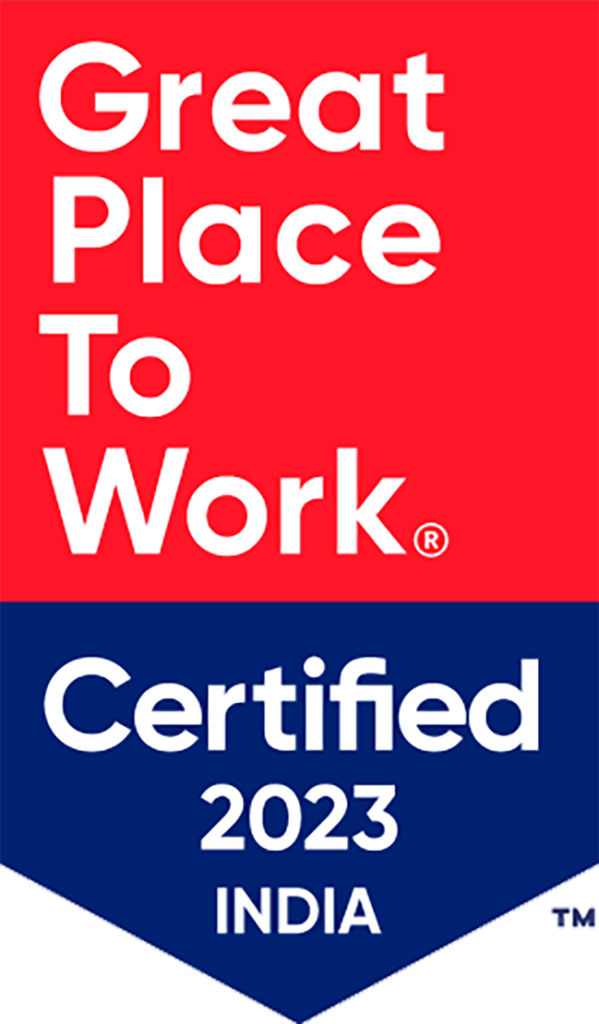Due to the demanding nature of the IT industry, professional responsibility is vital in the face of complex problems, tight deadlines, and high client expectations. These challenges can swiftly lead to frustration, complacency, and poor decision-making—which can negatively affect both employee morale and the quality of services provided.
Creating a culture of accountability in today’s workplace has become essential for combating such hurdles. Motivating employees to take ownership of their work nurtures trust and encourages collaboration. Promoting individual responsibility is a key factor in achieving success for IT services firms.
Why? Because the nature of the business demands that technicians and other employees take initiative. Many team members work remotely or on their own at client sites and need to be responsible for their actions and time. MSP leaders must hire trustworthy people, set relevant and realistic guidelines, and instill confidence in their employees.
Here is a simple way to develop a culture of accountability, the benefits that will likely follow, and how to deal with any challenges along the way.
Creating a Successful Accountability Culture
Building a new outlook on professional responsibility within an MSP necessitates a concerted effort from leaders and employees. Here are some essential steps to help establish and nurture an accountability culture:
- Set Clear Expectations: The bedrock of developing professional responsibility lies in distinctly defining roles and responsibilities. Leadership must articulate these expectations to every team member, ensuring each comprehends their contributions to the organization’s goals.
- Provide Regular Guidance: Consistent, constructive feedback is essential. MSPs should provide performance evaluations and one-on-one meetings to employees to highlight opportunities for growth and promptly address any issues. Career path development can increase employee productivity, encourage good behavior, and set a more collaborative mood.
- Recognize Positive Behavior: Identifying and rewarding individuals or teams that exhibit high productivity, positive outcomes, creativity, or other signs of initiative is essential. Rewards (whether financial or in the form of public acknowledgment) reinforce desired behaviors and inspire others to follow suit.
The Benefits of Professional Responsibility
While it may sound straightforward, an accountability culture serves as the foundation of success for managed services providers. By nurturing an environment where personal responsibility is encouraged and rewarded, MSPs can reap numerous benefits, such as:
- Increased Productivity: When employees comprehend that their actions directly influence the organization’s success, they are more inclined to be motivated and productive. Tasks are completed with a sense of ownership, and teams collaborate efficiently to reach common goals.
- Enhanced Employee Engagement: An accountable work culture leads to higher levels of personal investment, which is critical—a report by Forbes discovered that companies with disengaged employees are 15% less profitable. When individuals feel that their contributions are valued and their efforts are recognized, they become emotionally tied to their work. This increased commitment not only boosts morale but also fuels creativity and innovation.
- Reduced Turnover: Employees are more likely to remain with a company that values personal accountability. The sense of responsibility and recognition of individual contributions creates a positive work environment that nurtures loyalty. Reduced employee turnover conserves time and reduces the resources MSPs will spend on recruitment and training.
- Improved Decision-Making: In an accountability culture, employees are encouraged to take ownership of their actions. This empowerment leads to quicker and more effective decision-making, as team members feel more emboldened to make informed choices within their areas of responsibility.
Overcoming Possible Challenges
MSPs may encounter some obstacles when trying to foster a culture of accountability, especially those with remote work arrangements and dispersed teams. However, they can overcome these challenges by following these three strategies:
- Leverage Technology: Use project management and collaboration tools that enable communication, track tasks, and promote accountability among remote employees. These applications can help create a virtual workspace with checks and balances, where everyone understands their expectations and sees how their contributions impact the organization’s goals.
- Promote Transparency: Communicate clearly and consistently with the team. MSPs should provide channels for employees to ask questions, share concerns and give feedback to create an open dialogue, regardless of each team member’s physical location. This way, everyone can stay informed, aligned, and engaged.
- Focus on Results, Not Activity: Evaluate your team based on the outcomes they produce rather than solely monitoring their activities. This approach ensures that remote workers are held accountable for their impact on the organization. It also provides more autonomy and flexibility in how they work.
Embracing the Importance of Individual Responsibility
An accountability culture is key to sustaining growth and success. It drives productivity, employee engagement, retention and sound decision-making. By establishing clear expectations, providing regular feedback, and recognizing positive behavior, MSPs can cultivate an environment where individuals assume ownership of their roles and clients and contribute more to the organization’s objectives.
Effective leadership, transparent communication and a focus on results are essential traits for overcoming challenges, particularly when dealing with remote teams. An accountability culture benefits the organization’s bottom line and also creates a positive and productive work environment, ultimately leading to increased employee and customer satisfaction.
In a landscape where MSPs are constantly challenged to deliver exceptional service, embracing accountability culture is a smart and strategic move. Empowering employees with the right tools, policies, and attitudes is a formula for long-term success.







